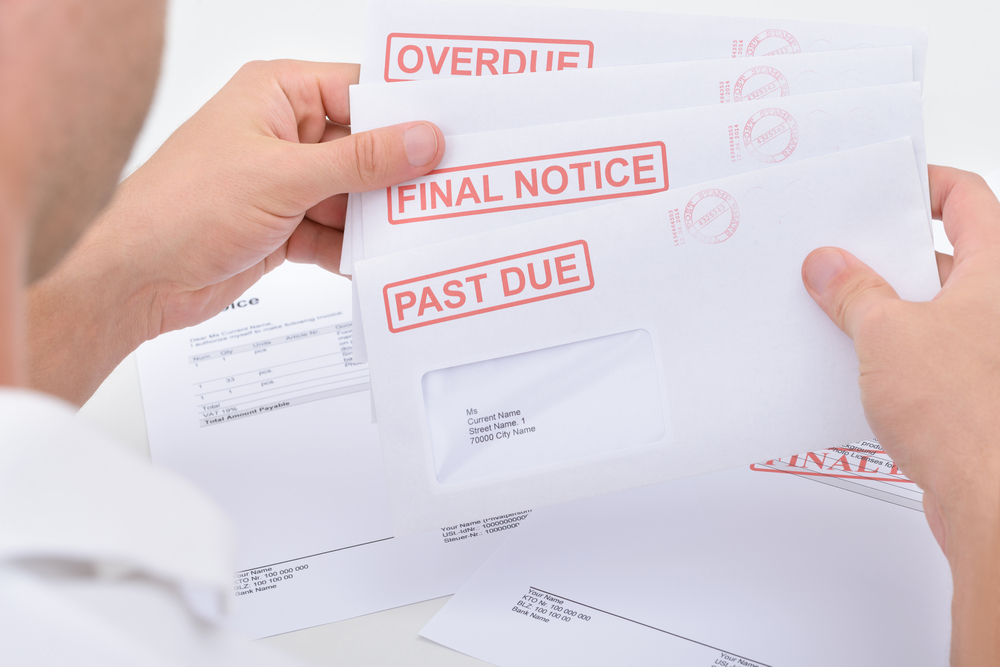Does someone who owes you money keep ignoring your requests for payment? A legal demand letter for payment professionally written by an attorney may be your best option to recover the money owed. Let’s explore how to write a demand letter for payment that’s effective and legal.
Our promise: by the end of this article, you will be able to decide whether you can write your own demand letter for payment or hire an attorney who can draft the letter for you.
Maybe you bought an item that does not function properly, or a service provider did not provide the promised services. If you disagree with a company or an individual about a certain issue involving money and want to make an informal effort to resolve the dispute, you should send a Letter for Payment.
A demand letter may help persuade the other party to give you the owed amount. However, before you send a Letter for Payment, do think about your relationship with the company or person who owes you money.
Are they relatives or friends? How important is it to maintain your relationships with this person? Is it a business partner, client, or a contractor you may have to engage in future business dealings? Gauging these aspects will help you determine the tone of your demand letter. You should draft a demand letter with minimum emotions and stick to the facts and figures.
You must keep a comprehensive record of communications with the other party or person. Write down the time and date when you spoke to this person, what was the nature of the conversation about the issue. Keep a copy of all bills, contracts, invoices, statements, and correspondences with this person.
How To Write A Demand Letter For Payment?
Here is a quick guide for writing and sending an effective demand letter to the person or party who owes you money.
Type Your Demand Letter
You can always use a computer or a typewriter to do it yourself. However, we would advise you to get help from a legal company that is an expert in drafting a legally articulate and persuasive demand letter on their official letterhead on your behalf.
Be Concise About the Main Facts
You must state detailed facts in a timely order; the more detailed timeline, the better it is. It will depict you have put serious efforts and thought into this matter and how important it is for you.
Be Polite
Do not get into personal attacks on the other party. If you take an offense approach, you are more likely to get a similar response in reply reducing any chances of resolution of the dispute at hand.
Thought-Provoking Content
You must write a demand letter that encourages the other person to make an analysis of the dispute and think about it. They must end up asking themselves what the risks are, how much time the legal action will take, and if they really want the dispute to go to a court, etc.
Ask Precise What You Want
Ask what you want from them precisely, such as if you want $1000, do not beat around the bush. Just ask for it with a rationale for how you arrived at that figure.
Set a Deadline and Explain Post Deadline Actions
Offer the other party a specific date to respond to your demand letter. End the letter by clearly stating that you will pursue legal action if they do not accept your demand within the given deadlines.
Send Your Demand Letter
In the end, do not forget to make a copy and keep one for your record. Send your demand letter via certified or regular mail with a return receipt requested. You can even send it through a standard mail with delivery/tracking confirmation in case the recipient party refuses to sign the receipt. This proof of delivery or return receipt will be helpful if you end up pursuing a legal solution via small claims court.

